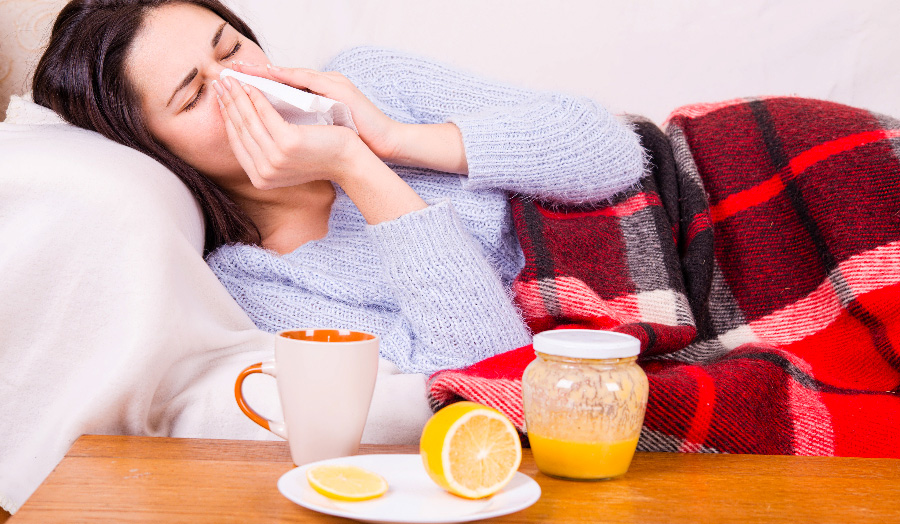Caring for yourself if you catch the flu
For most people, the flu is just an unpleasant illness (1). The most common symptoms include a sudden fever, a headache, achy muscles and a cough or sore throat (2).
But if you are elderly, pregnant or have a long-term medical condition, it can be more serious (1) (2). While common complications include bronchitis and pneumonia, more severe complications may mean a stay in hospital (1).
If you do get sick with flu symptoms there are two things you need to think about:
- Looking after yourself to speed your recovery
- Not infecting others to prevent them becoming sick too.
Caring for yourself with the flu
Let’s start by looking at the things you can do to look after yourself during your illness, especially if you are at high risk of complications.
If you are elderly, pregnant or have a chronic illness, you may need medical attention earlier and more quickly than others with the flu (1). It’s best for you to contact your doctor early in your illness (3). They may prescribe ‘antivirals’, which can make you better faster and may also prevent serious complications (3). Antiviral treatments give you the most benefit when you start taking them within two days of your symptoms starting, so you should get them as early as possible (3).
Besides taking any medication prescribed by your doctor, there are a number of other ways you can care for yourself while you have the flu. To help you get better quickly, you should:
- Keep warm to allow your body to preserve its energy for battling the virus (5).
- Stay at home and get plenty of rest to allow your body to recover from the fight (2) (4)
- Eat nutritious food to give your immune system the strength it needs (2)
- Drink plenty of water and other clear liquids to avoid dehydration (4) (5)
- Take fever-reducing medication to lower your temperature and ease aches and pains (3) (6).
Don’t, however, take antibiotics to treat your flu (7). They don’t work against flu viruses.
Act quickly if your flu becomes severe
Seek immediate medical advice if your symptoms become more severe than before.
Do not hesitate to call for help if you experience (6):
- Difficulty breathing or shortness of breath
- Purple or blue discolouration of the lips
- Pain or pressure in the chest or abdomen
- Sudden dizziness
- Confusion
- Severe or persistent vomiting
- Seizures
- Flu-like symptoms that improve but then return with fever and a worse cough.
Prevent your flu spreading
Let’s start by looking at the things you can do to look after yourself during your illness, especially if you are at high risk of complications.
While you have flu symptoms, avoid close contact with others as much as possible so you won’t make them sick. Take these simple steps to prevent spreading your flu:
- Stay home until at least 24 hours after your fever has gone (3) (6).
- Cover your mouth and nose with your arm/elbow or a tissue when you cough or sneeze (3) (7).
- Dispose of tissues safely (1).
- Wash your hands often with soap and water (6) (7).
- Use an alcohol-based hand rub if there’s no soap or water nearby (6).
- Clean and disinfect surfaces and objects that may have been contaminated with germs (6).
- Avoid sharing towels (1).
But prevention is always better than cure. And getting a flu vaccine each year is the best way to prevent the flu (2). It’s especially important if you at high risk of flu complications. You should ideally get vaccinated just before the flu season begins, although getting vaccinated at any time during the flu season can still help to protect you from the flu (8).
Have you had your flu vaccine this flu season?
Sources
(1) https://ecdc.europa.eu/en/seasonal-influenza/facts/questions-and-answers-seasonal-influenza
(2) https://www.who.int/mediacentre/infographic/influenza/influenza-en-7february2018.pdf
(3) https://www.cdc.gov/flu/takingcare.htm
(4) https://www.cdc.gov/flu/consumer/caring-for-someone.htm
(5) https://www.nhs.uk/conditions/flu
(6) https://www.cdc.gov/flu/consumer/treatment.htm
(7) https://www.who.int/influenza/spotlight
(8) https://www.who.int/features/qa/seasonal-influenza/en/






Leave a comment